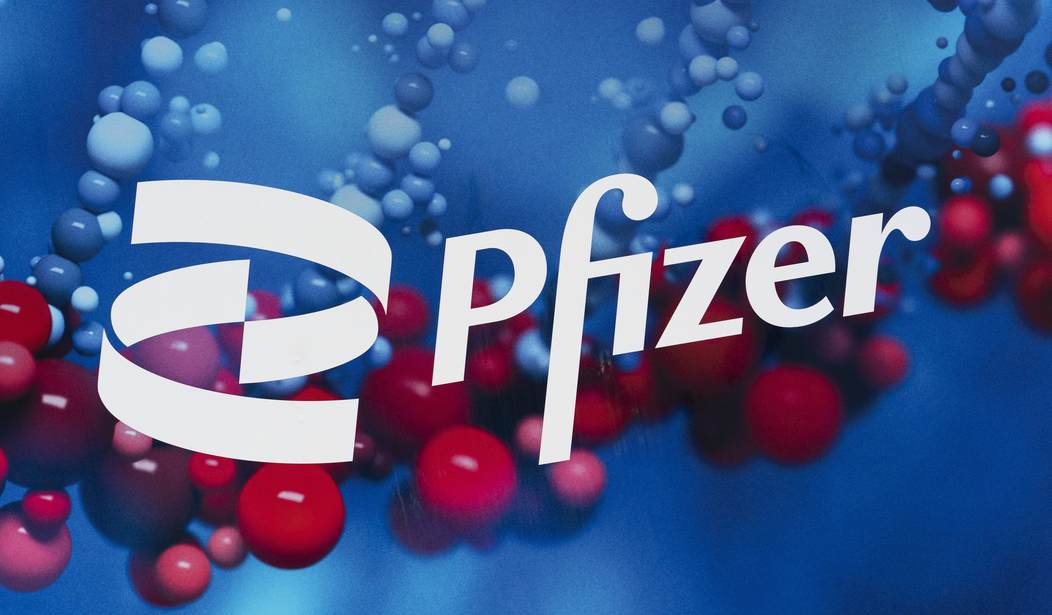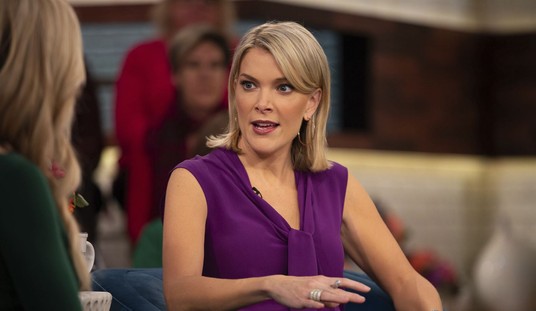On Wednesday, the Food and Drug Administration (FDA) authorized Pfizer's pill to treat the Wuhan coronavirus, the first of its kind. The pill, known as Paxlovid, is authorized for emergency use in those patients at high-risk who are 12 and over. While this is welcoming news, it's worth wondering if it will even reach anyone, at least any time soon.
As Reuters reported, also on Wednesday, President Joe Biden has announced that 250,000 treatment courses will be available in January. The report also noted that the Biden administration had pre-purchased 10 million courses.
The Biden administration has also purchased 500 million rapid home tests, even after White House Press Secretary Jen Psaki initially had said that that was not the plan. As Katie has covered, though, that plan is already falling apart, considering they won't arrive until mid-January.
Peter Sullivan, who reported on the authorization for The Hill, had also last week warned that "Supply shortage of new antiviral drug threatens fight against omicron."
As he reported on December 17:
“It's kind of a drop in the bucket in the short term,” said David Boulware, an infectious disease expert at the University of Minnesota.
“There's definitely going to be a shortage,” he added. “People have this expectation of ‘Oh yeah, I'm just going to go get this Paxlovid.’ That's not going to happen [at least in the next few months].”
Experts said the initial authorization could be restricted to the most high-risk groups, like unvaccinated people and the immunocompromised.
...
President Biden released a statement praising the treatment this week after the trial results were published, though he also appeared to reference the need to ramp up supply.
“If this treatment is indeed authorized — and once the pills are widely available — it will mark a significant step forward in our path out of the pandemic,” Biden said.
The White House did not have additional comment when asked by The Hill about efforts to increase supply of the pills.
Recommended
A week later, though, Sullivan's coverage still mentions concerns. On Wednesday he reported:
But experts are warning that supply will be constrained in the short term, and they have called on the Biden administration to take actions like enlisting other manufacturers to help make it.
The company has said about 180,000 courses will be available this year. That is not a sufficient amount given there are more than 100,000 cases of COVID-19 every day just in the U.S.
The treatment is intended to be started within five days of the onset of symptoms, which could pose a challenge. Plentiful testing will be needed to ensure that people know that they have COVID-19, and can get results in time to be able to seek the treatment.
Testing appears to be yet another issue. As I covered on Wednesday, New York City in particular has been facing long lines for testing and long turnaround times for tests. Despite Biden's assurances on Tuesday in an address about the Omicron variant that we are better off than we were in March 2020, New York City recorded its highest amount of tests requested and amount of cases since the pandemic.

























Join the conversation as a VIP Member